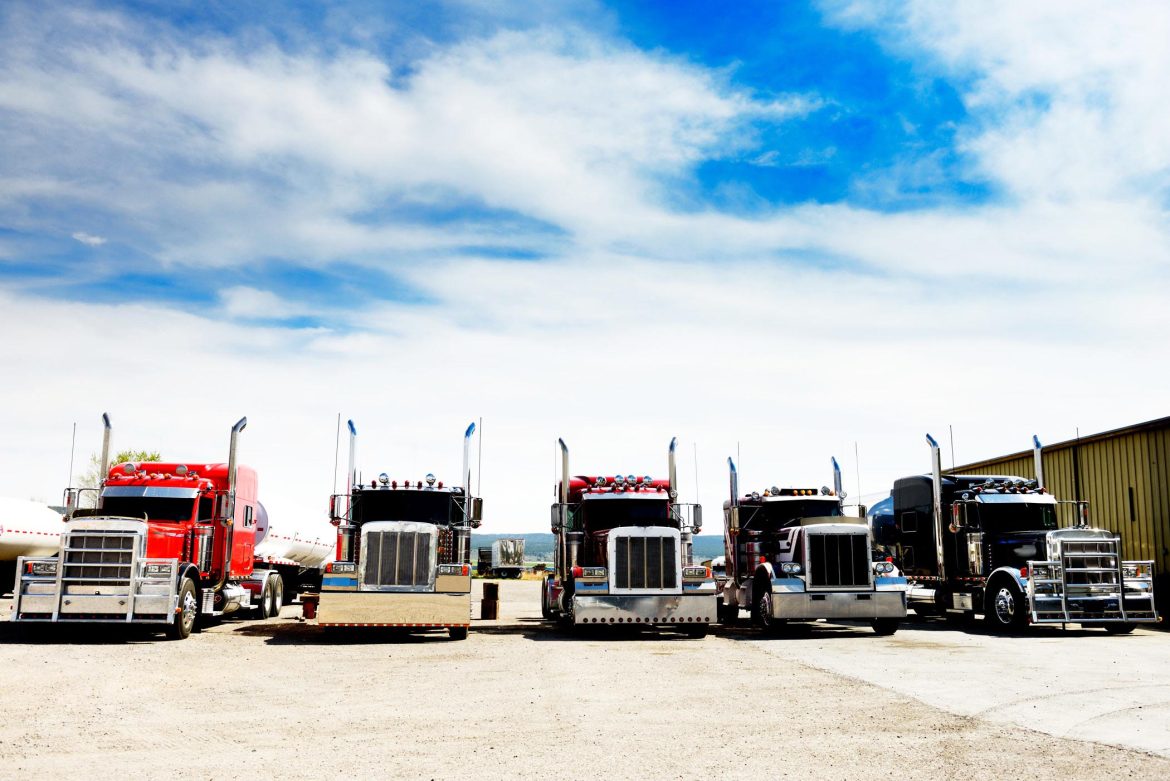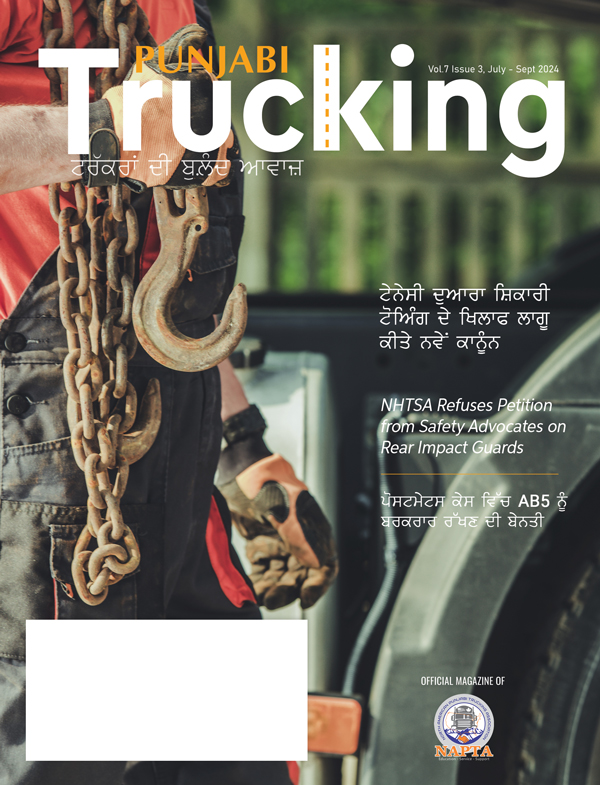After exhausting its best arguments without success, the California Trucking Association (CTA) will end its five-year fight against the state’s independent contractor law, AB5. The CTA is set to withdraw its appeal of Judge Roger Benitez’s decision to deny reinstating an injunction against the law.
The Owner Operator Independent Drivers Association (OOIDA), which joined CTA last year in attempting to overturn the law, has decided to continue its appeal to the 9th U.S. Circuit Court of Appeals.
One reason for CTA’s decision to drop its appeal could be that since the law’s implementation, the state has not acted to enforce it against California trucking. There are no known lawsuits from trucking companies or independent contractors against any provision of the law.
CTA began its battle against AB5 in 2019 and immediately recorded a victory when Benitez decided to put an injunction in place to block any attempt to implement the law against trucking.
CTA’s main argument against the law was that it conflicted with a provision of the Federal Aviation Administration Authorization Act (F4A) that states cannot enact laws that impact “price, route, or service” when it comes to interstate commerce.
In 2021, however, a three-judge panel of the 9th District ruled the F4A argument did not prevent California from enacting the law. Following that decision, CTA appealed to the U.S. Supreme Court in 2022. The high court, however, refused to review the law and sent it back to the appellate court.
Finally, earlier this year, Benitez ruled not to renew the injunction, citing the decision by the three-judge panel, and rejecting the other arguments against the law. CTA and OOIDA immediately indicated they would file an appeal, but CTA has decided against such a move.
Other than F4A, OOIDA will continue the appeal using two other arguments as well. One is that certain parts of AB5 violate the Dormant Commerce Clause of the Constitution which focuses on keeping states from discriminating or unduly burdening interstate commerce.
Another argument against AB5 is that it violates equal protection because it appeared that the writers of the law were singling out the truck industry in creating the law. That argument has already been dismissed by the 9th Circuit in another case involving Uber and Postmates.
The lone victory against AB5 was won at the ballot box when California voters decided to deny any enforcement of the law against gig drivers who work for Uber or Lyft. In fact, there have been several exemptions to the law for various gig workers.
AB5 was signed into law in 2019. It codified the California Supreme Court decision in the Dynamex case which established the ABC test to determine whether a worker was an employee or an independent contractor.
The provision of the law that worries the trucking industry is the “B” prong of the test because independent truckers who work exclusively for one or two companies could violate the provision that says an independent contractor must perform “work that is outside the usual course of the hiring entity’s business.” Most drivers are generally engaged only in trucking.



